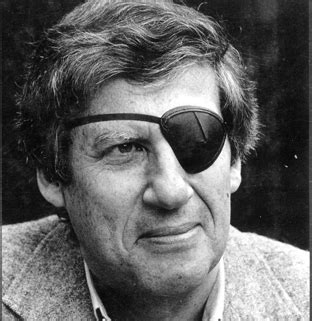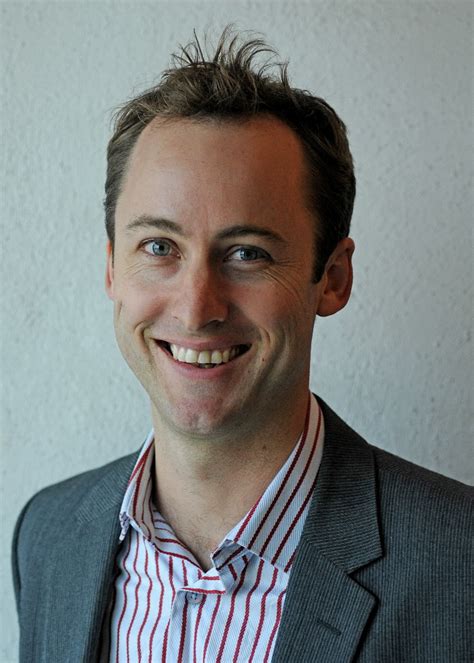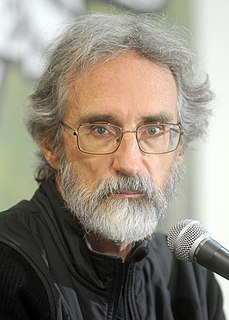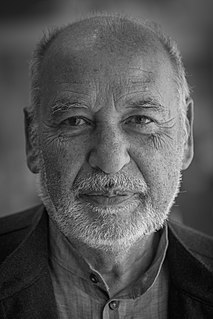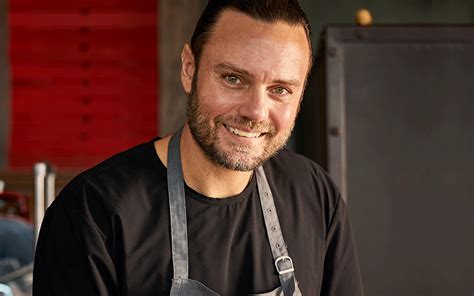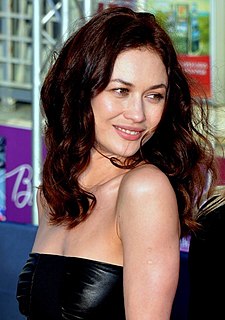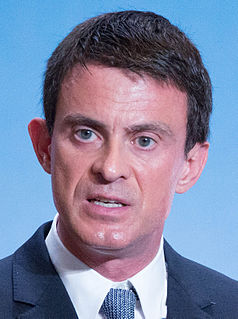A Quote by Walter Abish
In the past the French came to Germany less with the desire to understand it than with a zealous desire to interpret, to analyze it dispassionately something for which their training at the Ecole Normale Superieure or the Ecole des Hautes Etudes and the French language superbly equipped them to do.
Related Quotes
Pastoureau combines a charming, conversational tone with a haughtiness I found entirely endearing. A director of studies at the Ecole Pratique des Hautes Etudes at the Sorbonne in Paris, he writes from a position of professorial confidence. He has conducted extensive research into the history of colour for a quarter century and his aim is to correct misapprehensions and banish ignorance. His style is not to inquire, explore or interrogate, in the fashion of academic studies today. It is to impart knowledge.
I was a guest at CalArts. John Baldessari invited me out a few times. I've been there. I've been in Pasadena, taught out at Boulder, University of Colorado. And I've taught in Europe. I've lectured and taught. I've taught at the École des Beaux-Arts in Nigne [sp]. I was there for a couple of weeks, I was there. I've taught all over - in Switzerland, Germany.
